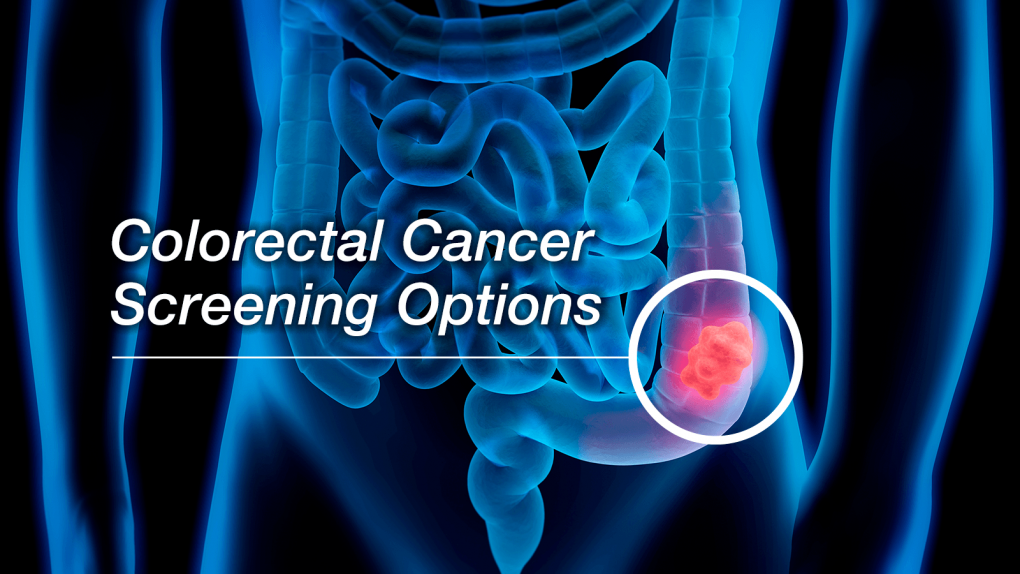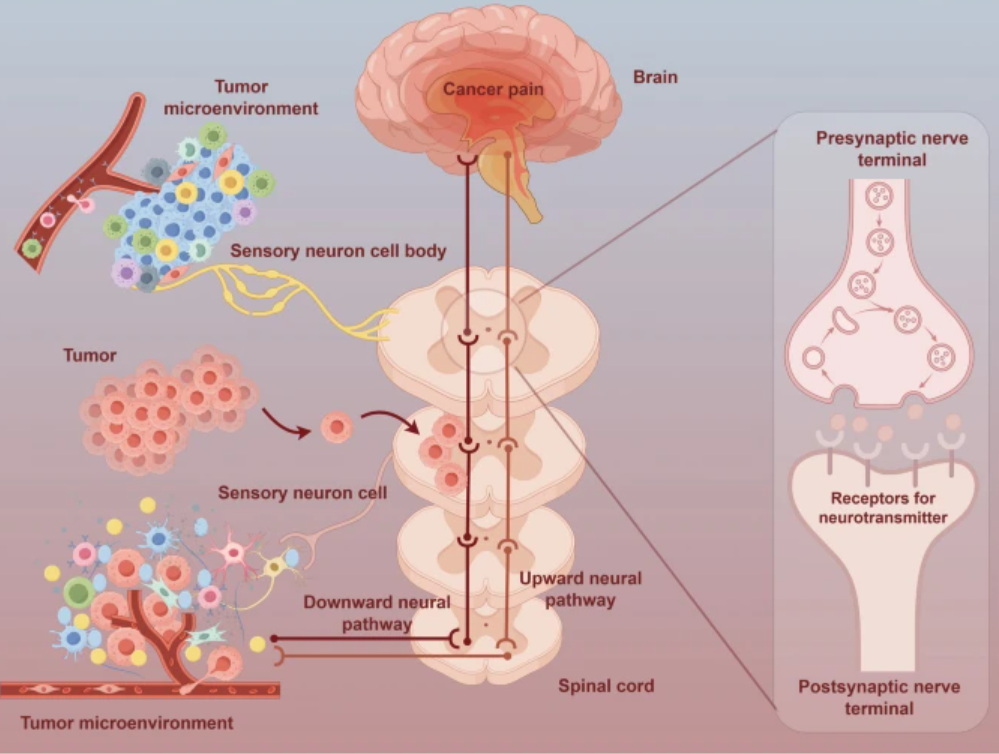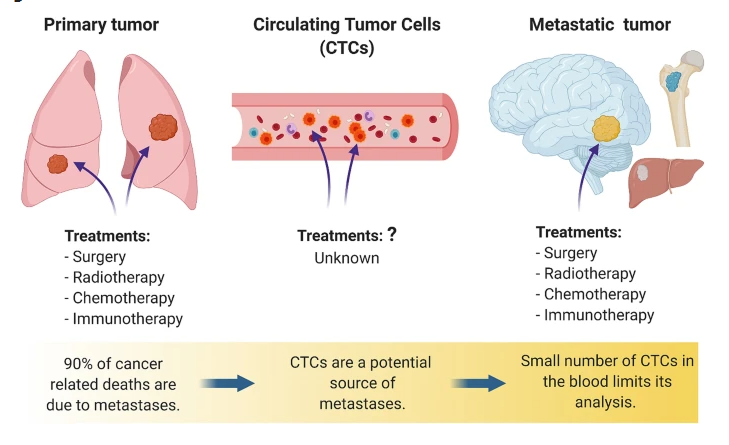How can we protect ourselves from colorectal cancer?
Category : Colorectal Cancer | Sub Category : Colorectal Cancer2 Posted on 2025-07-02 10:58:41

Colorectal Cancer: Risk Factors and Prevention
Overview
The vast majority of colorectal cancers are not associated with inherited genetic conditions, such as Lynch syndrome or other genetic predispositions. Colorectal cancer ranks among the top three cancers affecting both men and women in the United States.
Primary Risk Factors
Key risk factors for colorectal cancer include:
- Obesity and Sedentary Lifestyle: Prolonged periods of obesity and physical inactivity contribute to elevated insulin levels and blood glucose, increasing colorectal cancer risk.
- Low-Fiber Diet: Diets lacking sufficient roughage can lead to slow colonic transit times and constipation, heightening the risk of colorectal cancer.
- Inadequate Screening: Failure to undergo colonoscopy can allow precancerous polyps to go undetected and untreated. Polyps may precede colorectal cancer by 10–15 years.
Preventive Measures
To reduce the risk of colorectal cancer, adopt the following strategies:
- Maintain Optimal Body Weight: Achieve and sustain a healthy body weight through balanced nutrition and regular physical activity.
- Engage in Regular Exercise: Incorporate both aerobic exercise and resistance training to build muscle mass and improve insulin sensitivity.
- Increase Dietary Fiber: Consume at least five servings of fruits and vegetables daily to promote healthy digestion and regular bowel movements.
- Respond to Bowel Urges: Act promptly on the urge to have a bowel movement to avoid prolonged stool retention in the colon. Societies with high-fiber diets and frequent bowel movements, often triggered by the gastrocolic reflex, exhibit significantly lower rates of colorectal cancer.
Colorectal Cancer Screening
Routine colonoscopy is a safe and effective method for detecting and removing precancerous polyps. In the United States, colonoscopy is typically performed under complete anesthesia with propofol, ensuring a painless procedure. Some health organizations recommend initiating colorectal cancer screening at age 45 to enhance early detection and prevention.
Disclaimer
This information is provided for general informational purposes only and does not constitute professional medical advice. It is not a substitute for consultation with a qualified healthcare provider. For medical emergencies, contact your physician or, in the United States, call 911 immediately.
Leave a Comment:
SEARCH
Categories
Recent News
- Cancer Pain Medications
- Gastric Cancer (Stomach Cancer)
- New Discovery Links Mitochondrial DNA to Immunotherapy Success in Cancer Treatment
- John’s Journey: Healing Through Lifestyle and Natural Remedies
- The truth about finding a cure for cancer
- Federal Government Commissions Three Oncology Centres to Strengthen Cancer Care in Nigeria
- Nigeria Advances National Cancer Control Efforts
- Nigeria’s Biggest Cancer Awareness Walk by Mukhtasar M. Alkali
READ MORE
2 months ago Category : Tell us your Story

Cancer Pain Medications
Read More →2 months ago Category : Gastric Cancer

Gastric Cancer (Stomach Cancer)
Read More →3 months ago Category : Colorectal Cancer

New Discovery Links Mitochondrial DNA to Immunotherapy Success in Cancer Treatment
Read More →3 months ago Category : Tell us your Story
